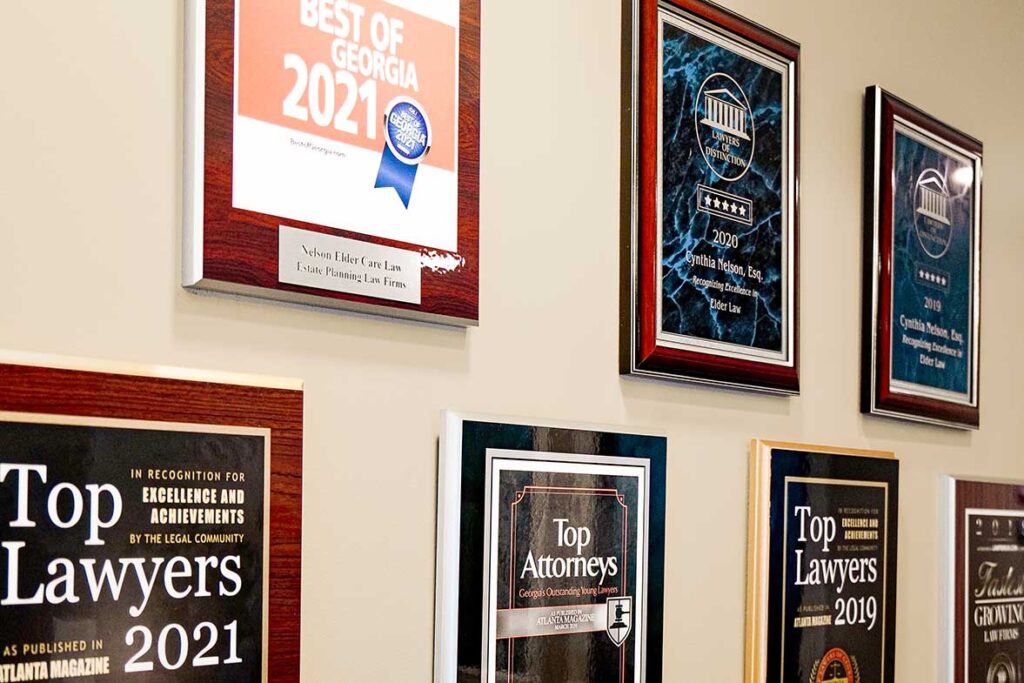Frequently Asked Questions

In the past, most people worked throughout their lives to save a little bit of money for a comfortable, but not luxurious, retirement. Many people did not live long after retirement. Today, the average life span is into the mid-to-late 70’s. That means that most of us need to be prepared to financially support our lifestyles for years and years after we retire. In addition, modern medicine has made it possible for us to live many years with illnesses that would have quickly taken our lives in the past. As a result, we need to be financially prepared to pay for our lifestyle while facing the rapidly increasing cost of medical treatments and care. The challenge for all of us is to find the care we require as we age and determine a way to pay for that care while at the same time, maintaining as much of our independence and dignity as possible. Also in the past, families lived near each other with many women working in the home. Today, families are spread across the country or multiple countries, and more than half of all women work outside of the home. This makes it more difficult for a family member to provide us with care as we age. Providing care from a distance or while trying to hold down another full-time job is wrought with stress amongst the family and typically results in care that is not adequate. Nobody wants to be a burden to our families, and no one wants to have to go to a nursing home. However, if we do not plan, we limit our options. That’s why it’s crucial to work with the experts in elder care law and probate. We can help guide you through the legal process.
You can self-pay with your own money. Alternatively, if you have invested in a long-term care insurance policy, you can make a claim to your insurance carrier for your long-term care expenses. Additionally, government benefits called Medicaid (not Medicare) are available to people that require long-term care and meet income and asset limitations. Finally, there is a Veteran pension called Aid and Attendance that many Veterans have earned based on their service to the country. Not sure which option is right for you? Call our elder care and probate lawyers today to get started.
No, if you think that you will need long-term care at any point in the future, give us a call now. There are actions you can take to protect the assets that may not be available to you if you wait. Nelson Elder Care Law has expertise in Medicaid and Veteran’s Aid and Attendance benefit planning. We can evaluate your personal situation and help you to take the appropriate steps to preserve your rights and assets and maximize benefits. We’re not just the top estate planning attorneys in the area, we are the ones to call for any elder care law services.
To learn about the legal documents that everyone over 18 should have in place, we recommend that you view our video called “Legal Documents for Everyone Over 18.”
Cash, Check, American Express, Discover, MasterCard, Visa
An advance directive for healthcare is a legal document that allows you to choose whom you would like to make decisions about your health in the event you were not able to make your own decisions.
Everyone age 18 and older needs to have this fundamental legal document. An advance directive for healthcare is sometimes referred to as a healthcare power of attorney
A durable power of attorney is a legal document that allows you to choose whom you would like to manage your finances if you are not able to make your own decisions.
A living will is used for you to document and inform others about your preferred medical treatment in case you become unconscious, terminally ill, or unable to communicate your desires about your medical treatment.
Some medical providers have refused to release information even to spouses and adult children on the grounds that the 1996 Health Insurance Portability and Accountability Act (HIPAA) prohibits such releases. As an added protection, you should sign a HIPAA authorization form that authorizes the release of medical information to your family and loved ones.
A will, also known as a last will and testament, is designed to transfer your assets according to your wishes. A will also allows you to choose an executor, who is responsible for carrying out your instructions.
If you have minor children, you should name a guardian for them. A will only becomes effective upon your death and after it is admitted by a probate court. If you die without a will, the laws of Georgia decide who will inherit your assets.
A trust is a legal entity with at least 3 parties: the creator of the trust, the trustee, and the beneficiary. With most “revocable living trusts,” you are all 3 parties. Depending on your circumstances, there could be advantages to establishing a trust.
There are many different types of trusts. You need an elder care attorney experienced in trusts to guide you through the complex creation process.


Long-term care insurance is an insurance policy that you purchase to help you pay for the high cost of care in the future. The policy provides coverage if you need assistance with two basic self-care tasks such as toileting, feeding, grooming, bathing, walking, etc. While you may believe that it is unlikely that you would ever need that type of assistance, the odds are very high that you will require help with these basic tasks. Many long-term care insurance policies cover the cost of care in your home, assisted living care, or nursing home care. While this level of care varies greatly depending on the quality of care that you require, you can expect to pay thousands of dollars a month in addition to what your insurance will cover. If you do not have long-term care insurance and need nursing home support, we can likely help. Call us to learn more by scheduling a free, no-obligation, one-hour consultation with one of our Medicaid experts. We’ll have an estates lawyer work with you to determine the best course of action.
Medicaid is a federal program that will pay for nursing home care. While Medicaid and Medicare sound similar, they are two completely different government programs. Medicare is a program that you contribute to during your working years. Generally, Medicare is for people 65 and older. Medicaid is a program that will pay for medical expenses when you cannot afford the cost. There are steps you can take to help you qualify for this benefit before you require costly care. Learn more about the process when you contact qualified elder law and estate planning attorneys today!
Yes, Medicaid planning is legal. Our estate planning attorneys at Nelson Elder Care Law work to protect your assets within the bounds of the law. Congress allows you to qualify for Medicaid after meeting certain requirements. Just as many of us use a certified tax planner to complete our taxes because they are very familiar with the laws and changes to the laws that can be used to reduce our tax payments. Nelson Elder Care Law works with the laws governing Medicaid eligibility daily; we know the ways to legally protect your assets and help you qualify for Medicaid. Get in touch with our elder care and estates lawyer today to learn more.
No! While many people give away their homes or other assets to family members to qualify for Medicaid, this is a very risky step. For example, if you gave your house to your daughter and son-in-law, your house is now subject to what happens to them. If they become ill and incur expensive medical bills that they cannot afford to pay, the medical providers could put a lien on your house because your daughter and son-in-law are now the owners of the house. Additionally, what happens if your daughter gets divorced? Or, heaven forbid, your daughter passes away before you do? These are only a few of the many risks of giving away your assets. Another risk is Medicaid will give you a penalty period if you have violated their regulations. This means Medicaid will not pay for the care you need for a period because you gave away assets at less than fair market value. Your Medicaid application will be scrutinized to ensure that you have not given away or transferred your assets for less than they were worth during the past five years. Let our elder law attorneys at Nelson Elder Care Law help you to navigate the complex Medicaid requirements and help you qualify for Medicaid before you take action that cannot be corrected. Our probate lawyers are here to help you.
Not necessarily, but everybody’s situation is different. Medicaid does have a program to recover the cost that was paid on your behalf. You need to contact an elder law attorney to answer that question for your specific situation and to protect as many of your assets as possible, including your house. If you need assistance or want to learn more, contact our estate planning lawyers today.
Aid and Attendance Pension is a benefit available to some veterans. To meet these requirements, the veteran must have been on active duty for at least 90 days with at least one day during wartime and was not dishonorably discharged. Medically, the veteran needs to be over 65, blind or disabled, and need assistance to perform at least basic self-care tasks like toileting, feeding, grooming, bathing, walking, etc. Financially, the household of the veteran must have limited income and assets to pay for medical expenses. To learn more about this pension, get in touch with an elder care and estates lawyer today.
To protect yourself and your loved ones, you should have several legal documents, including an advance directive for healthcare, durable power of attorney, a living will, and HIPAA authorization. Learn more about the documentation you need when you contact our estate planning lawyers.
Probate is required when a person passes with assets solely in their name, without naming a beneficiary or including joint ownership.
The time frame varies from case to case and county to county. Typically, probate takes around 6 months from beginning to end, but there are nuances to that. Complex probate matters can take 9 months or longer to resolve.
You do not have to pay any bills on behalf of the decedent. Debts will be paid from the estate if a claim is made by the creditor.
Only if the deed does NOT say “Right of Survivorship.”
You must receive Letters of Testamentary or Letters of Administration before you have the legal authority to sell anything.
Distributions will be made after the court appoints an executor or administrator and all debts have been paid.

